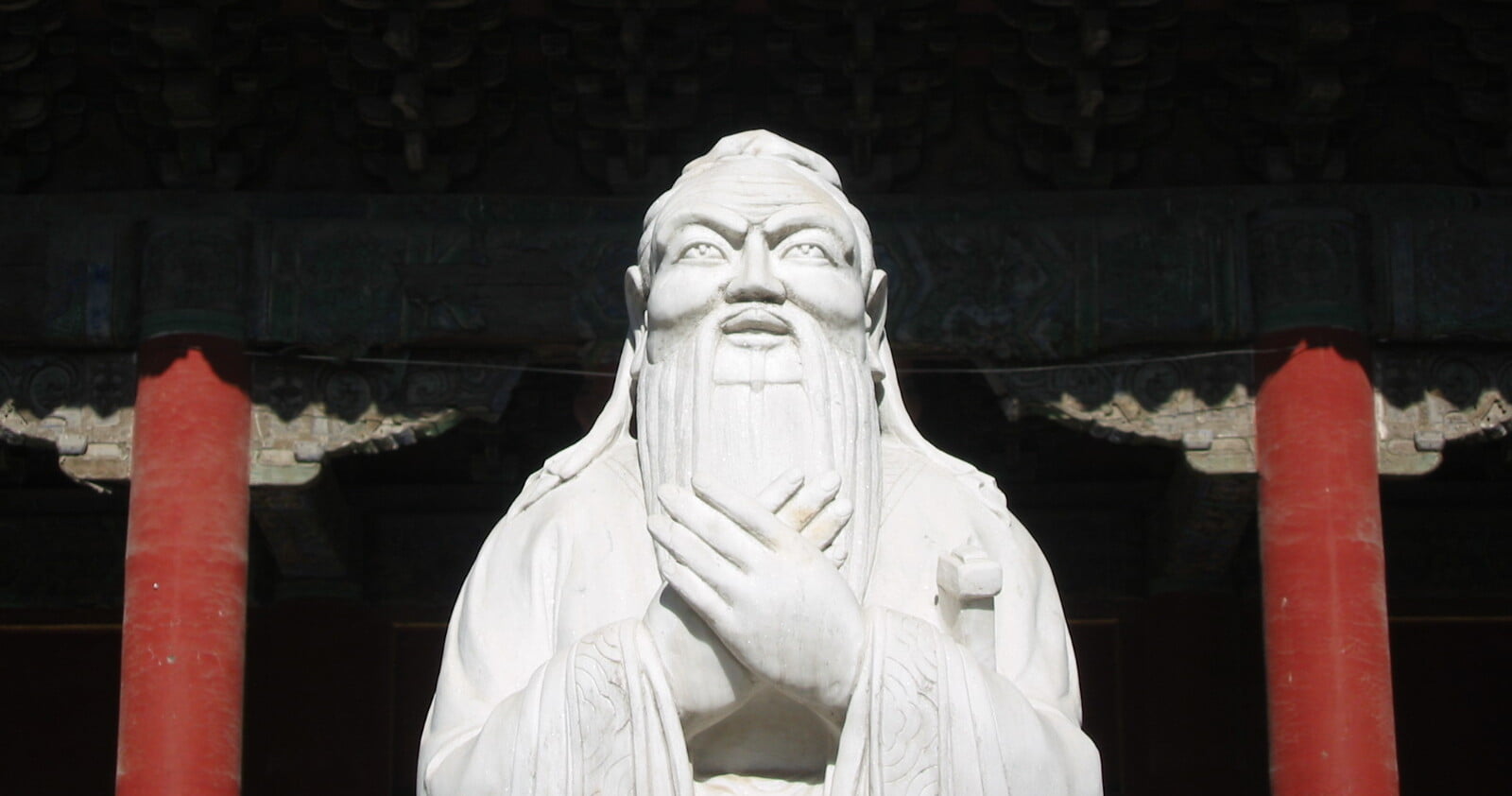The Chinese sage is often credited with saying how important it is to find something you enjoy. We checked whether this attribution is correct.
This supposed Confucius quote can be found on numerous aphorism websites, including City.net, "Quotes.info", Socratify.net, "Pearls of Thought" And Aforizm.org. Some of them also contain another formulation of this expression: “Choose a job you love, and you will never have to work a single day in your life.” Both of them are very popular from social network users who use the phrase in their statuses. The statement is also attributed to the philosopher by some million-plus publics on VKontakte: for example, "Psychology", "5 smart thoughts", "How I Met Tetanus" and others. Several Russian celebrities used this phrase as a quote from Confucius on their social networks: for example, a journalist and TV presenter Evelina Khromchenko, singer Anna Pletnyova and comedian Ekaterina Skulkina.
We were unable to find this quote in any of the reputable academic publications on Confucius. Chinese sayings philosopher 6th–5th centuries BC e. his students collected in the book “Lun Yu” (also known as “Conversations and Judgments” and “Analects”). In one of the English translations In this text there is a statement that is a little reminiscent, but not at all identical to the one being tested: “When a person in power makes things more useful for people from which they benefit naturally, is this not a benefit without great expense? When he selects suitable jobs and makes them do them, who will complain?
Let us note that Russian sinologists translate this fragment differently. For example, the head of the Far East department of the St. Petersburg branch of the Institute of Oriental Studies of the Russian Academy of Sciences, Alexander Martynov suggested this option: “If you manage the people through orders and restore order through punishments, then the people will begin to evade orders and punishments and will lose shame. If you control the people through the power of de and maintain order in them through proper norms of behavior, then the people will retain shame and will be governed.” Honored Scientist of the Russian Federation, sinologist Leonard Perelomov translated The passage is like this: “If you lead the people through laws and maintain order through punishments, the people will strive to evade [punishments] and will not feel shame. If you lead the people through virtue and maintain order through ritual, the people will know shame and they will correct themselves.”
How found out portal The Quote Investigator, this phrase was first mentioned only in 1982. Princeton University philosophy professor Arthur Szatmáry in his article for the Princeton Alumni Weekly wrote: “An old-timer I knew used to tell his students, “Find something you love to do and you’ll never work a day in your life.” Note that Szatmári does not specify who he means by “old-timer,” but he does specify that he knew him. We are probably talking about the professor's colleague.
The phrase began to be attributed to the famous Chinese thinker quite quickly. Already in 1985, journalist Glenn Rifkin prefaced his article in Computerworld magazine with the epigraph: “Choose a job you love, and you will never work a day in your life. - Confucius." However, in the 1980s, this phrase in slightly different formulations could be used without indicating the “author”, and simply as an “eastern proverb”. Popularized and in 1989, motivational speaker Harvey Mackay (who, however, did not mention Confucius then either).
Cover photo: Confucius statue in Beijing (David Morrow via Wikimedia Commons)
Incorrect quote attribution
- The Quote Investigator. Choose a Job You Love, and You Will Never Have To Work a Day in Your Life
- A. Martynov. Confucianism. "Lun Yu"
- Is it true that the catchphrase about the enemy's corpse floating by is an ancient Chinese saying?
- Is it true that the Chinese have a proverb “God forbid you live in an era of change”?
- Is it true that in Chinese the word “crisis” is made up of the characters for “danger” and “opportunity”?
If you find a spelling or grammatical error, please let us know by highlighting the error text and clicking Ctrl+Enter.






